At 14:00 pm on the 7th of October, the space delegations arrived at their bases. So the little ones astronauts began to perform a set of tasks that made them travel to a "Camp on Mars".
This is the name of the activity promoted by ESERO Portugal, in partnership with European Space Agency and the Knowledge Pavilion, which reached the São Pedro do Mar School, in Quarteira, but also to others in the country.
At the same time, and for two days, 450 students, 50 of them from the municipality of Loulé, were true astronauts, making their schools the Martian bases that were in permanent contact with the Knowledge Pavilion, which became the Terra station – and the result «could not have been more positive», guarantees Patrícia Jesus, teacher at the Agrupamento de Escolas Dra. Laura Ayres.
One hour after the start of the activity, the students had already been divided into teams. In the corridors and classrooms of Escola São Pedro do Mar, in Quarteira, you could feel the hustle and bustle of young people who voluntarily wanted to enjoy a different day.
In addition to building radio signal emission and reception antennas, to allow the exchange of messages between each martian base and the “ground station”, the students participated in the construction of the design of their base with the help of a 3D printer and carried out astronaut training and preparation of space meals.
Teamwork skills were also developed in space conditions, plants were grown without soil to create a Martian greenhouse and extra-vehicular activities were simulated.
There was also a group dedicated to mental health, «since, although closed in the same place for so long, it is necessary to know how to coexist», explains João Dias, the ESERO representative in the Quarteira group.
“With this activity, we make kids aware of the importance of human space exploration and show them how they have to prepare. In addition, we use the space as a pretext to captivate students for the school's curricular subjects», continues João Dias, explaining that the “Camp on Mars” comes after the success of the “Lunar Camp”, which took place in 2019, and brought together several classes in the country at the Pavilhão do Conhecimento, in Lisbon.
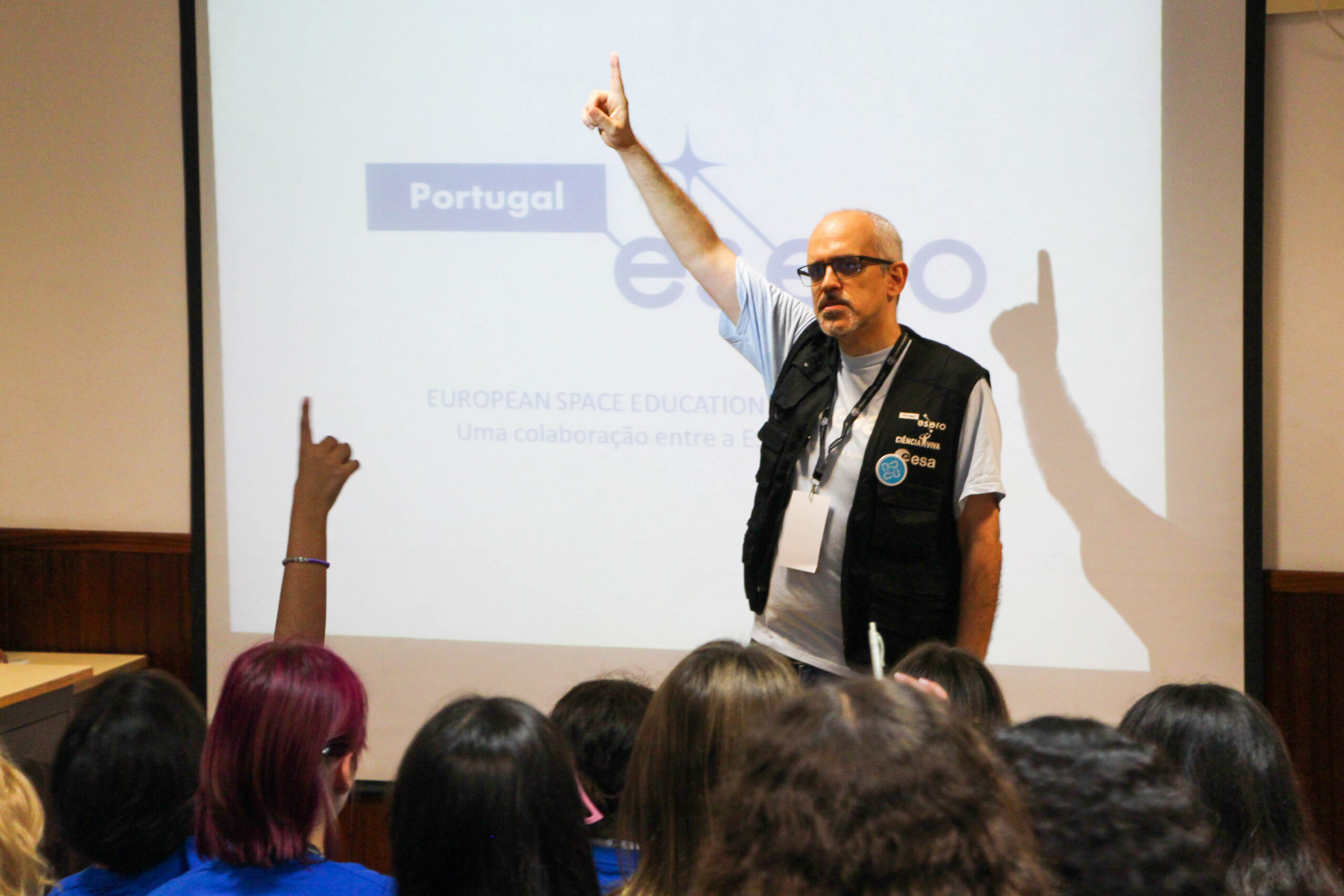
Miguel Neta, professor of Physics and Chemistry at Escola São Pedro do Mar, emphasizes to the Sul Informação the importance of these initiatives becoming decentralized, since the logistics of taking a class to Lisbon «is not easy».
«Space and astronomy is always something they like and it is a topic that allows them to talk about everything. Here, for example, they will either do activities that are pure physical, or talk about exercise and food. Space is such a big topic that it allows for diversified activities and that makes it possible to invite students with all characteristics and tastes», says the teacher.
«No one guarantees that, because they do these activities, they will get better grades, but there is the possibility of learning new things and in different ways», he continues.
This year, the activity, in Quarteira, was attended by 50 students from the 3rd cycle of the municipality of Loulé, belonging to the Dr. Laura Ayres and D. Dinis, from Quarteira, Father João Coelho Cabanita, from Loulé, and Agrupamento de Almancil, who, during the 7th and 8th of October, were also in permanent liaison with the Agrupamento de Escolas de Moimenta da Beira, Agrupamento de 1 Schools in Gondomar, Externato Ribadouro in Porto, Centro de Ciência Viva de Estremoz and Pavilhão do Conhecimento.
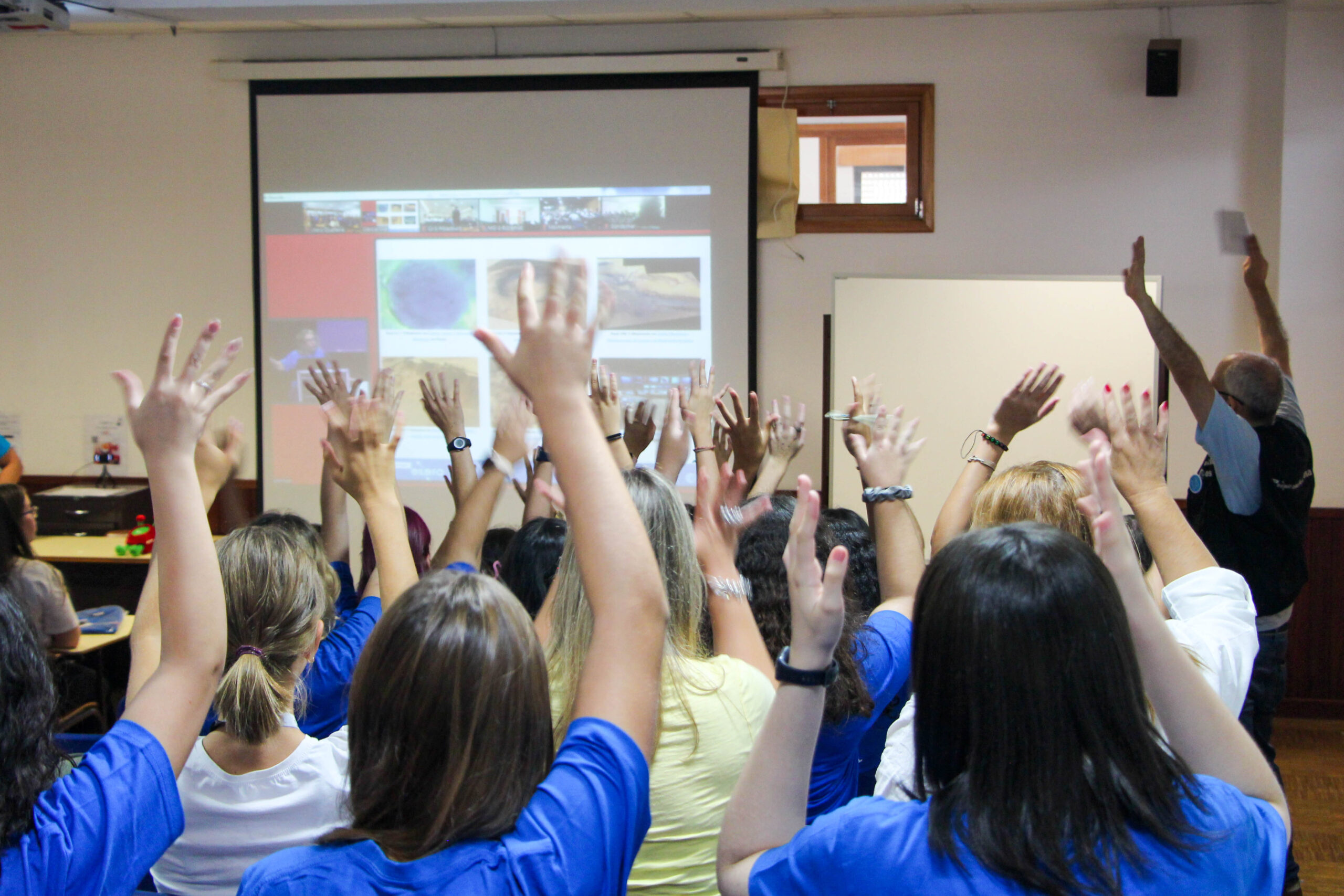
Elsa, a student at D. Dinis, was one of the participants who stayed on the mental health team and revealed to the Sul Informação that the activities were «very good for learning and socializing with other colleagues».
In fact, «taking students out of their comfort zone» was also the objective of this activity, confesses teacher Patrícia Jesus.
On Saturday, the 8th, after a day of activities that lasted until the evening, and minutes before the final presentation of the activity's results, the Sul Informação returned to school. The students were joined by parents, who were also able to watch the final moment.
“I think the kids liked it a lot. They were very enthusiastic and this commitment was evident because, when the parents arrived to pick them up, at night, they did not want to go out, they brought the parents inside and insisted on showing them all the activities they had done», says the teacher.
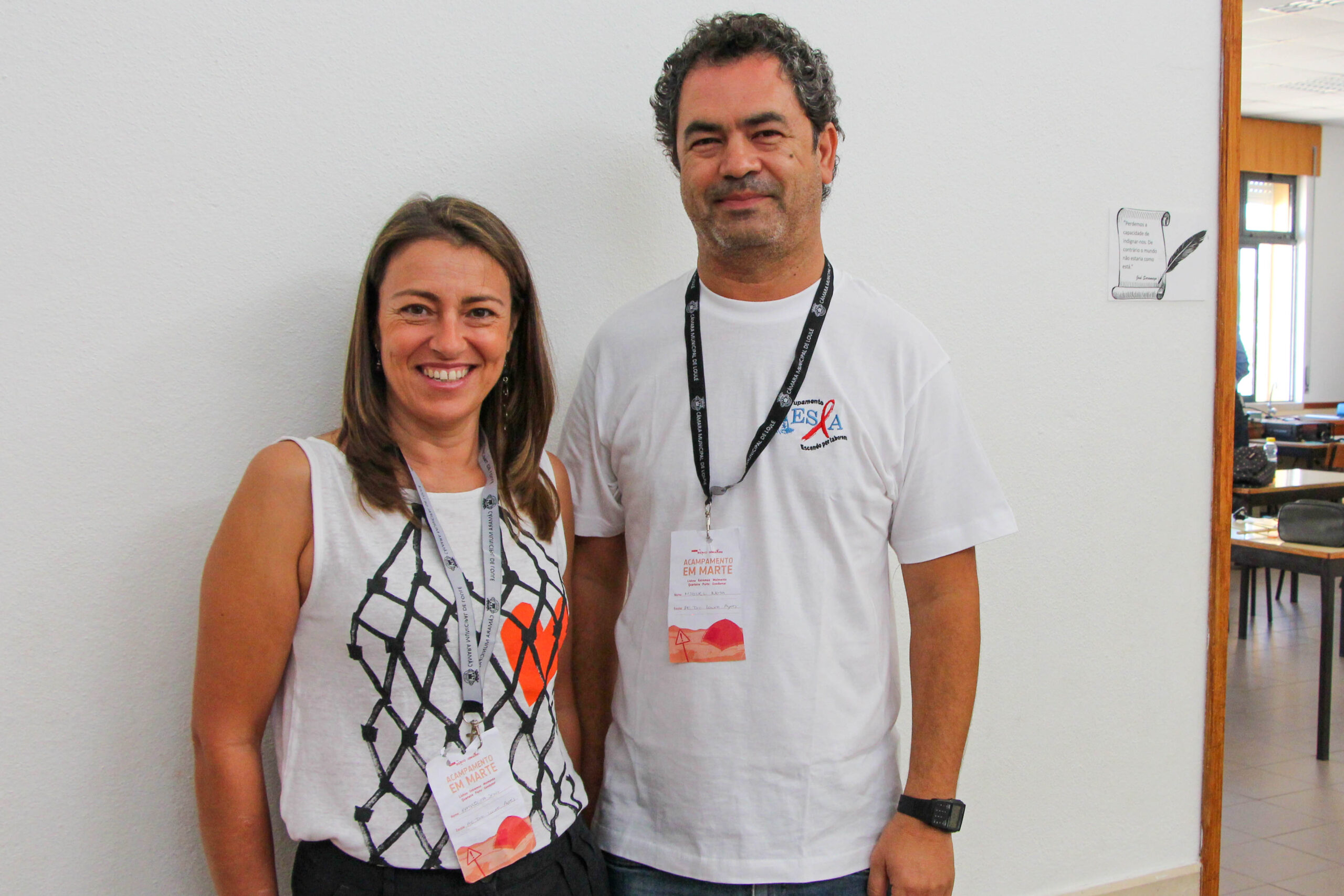
In addition, according to Patrícia Jesus, the activity served to “take students out of their comfort zone and make them realize that the school is open to the world and that it allows them to enjoy completely different experiences from those they have in their day by day".
“Regarding sharing with other schools and students, some of them were a little afraid of not going to work with the best friends they signed up with, but we told them that the idea was also to work with new people. So we divided them up at random, and by dinner, many of them barely remembered who they had come with. This sharing, learning to work with others and debating ideas is also very important», says the teacher.
In the midst of fears, but with great enthusiasm, students from the municipality of Loulé presented, group by group, their activities to parents and teachers.
With the desire that this activity will be carried out again next year, the young people said goodbye live, in a zoom call, to the other astronauts and went to their homes. Certainties led to those that “Camp on Mars” brought them new friends and knowledge.
Photos: Mariana Carriço | Sul Informação
ESERO (European Space Education Resource Office) is an educational program of the European Space Agency that uses space as an inspiring context for learning science, technology and mathematics.
The project also aims to promote students' interest in these subjects at primary and secondary levels and encourage scientific and engineering careers.
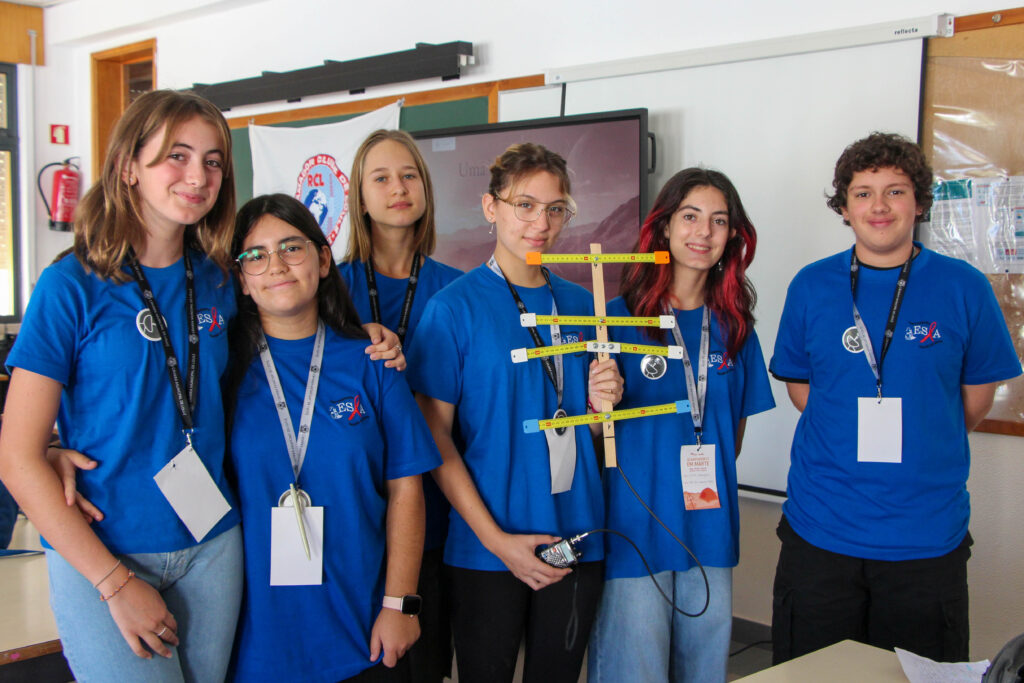
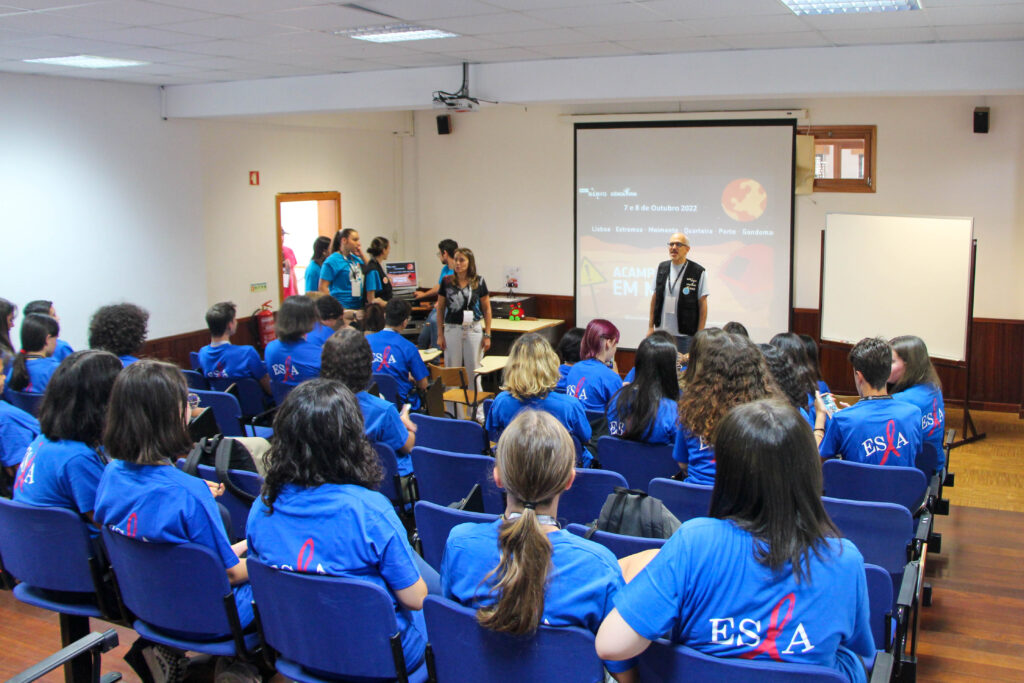
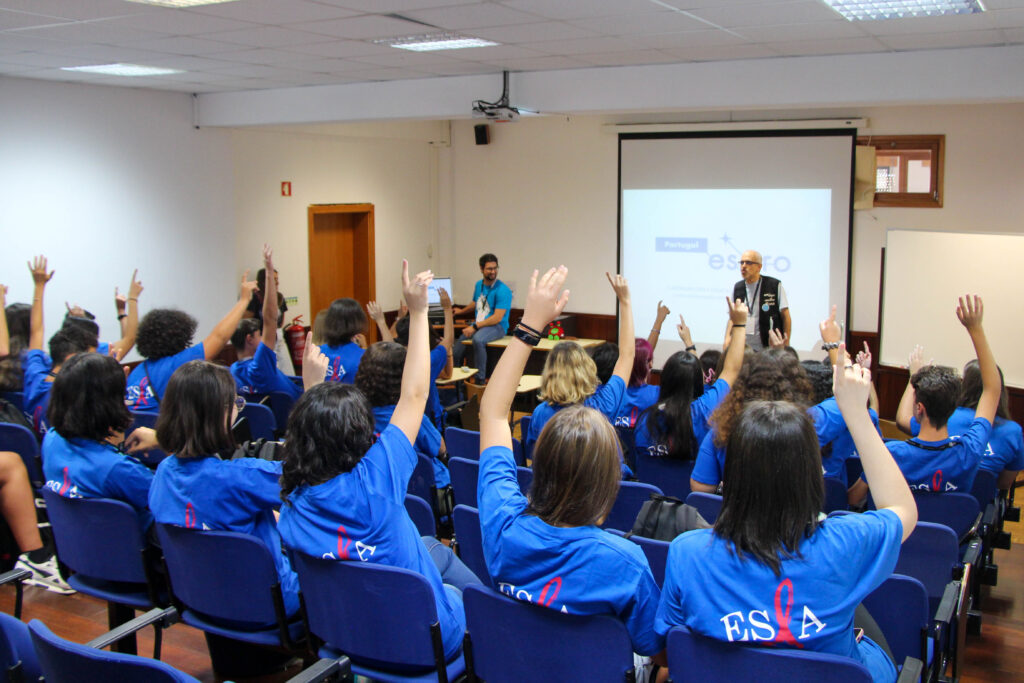
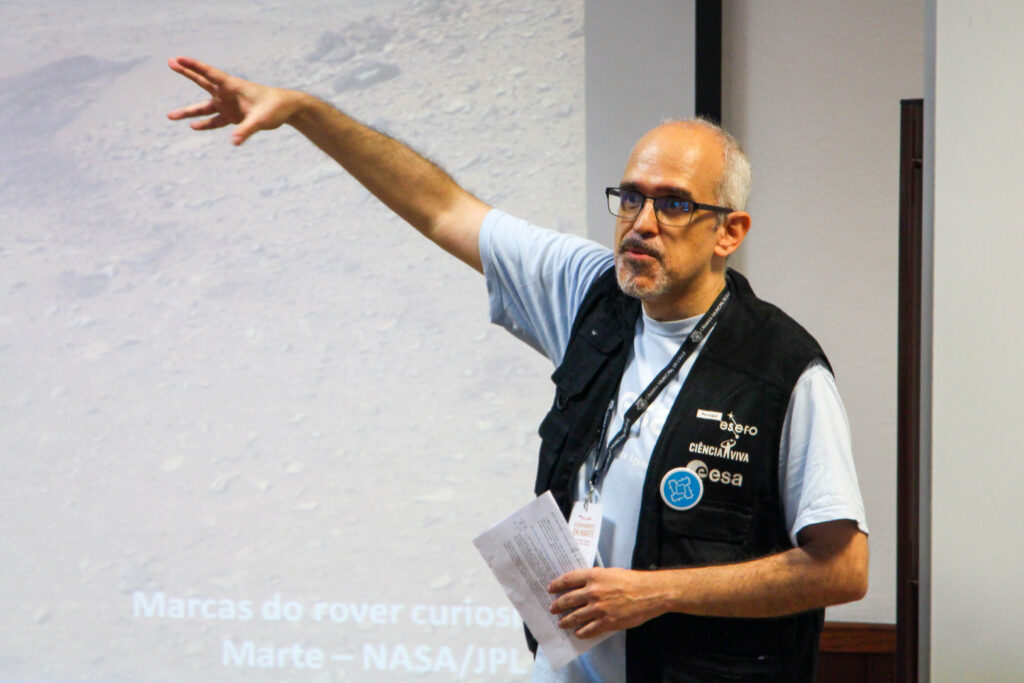
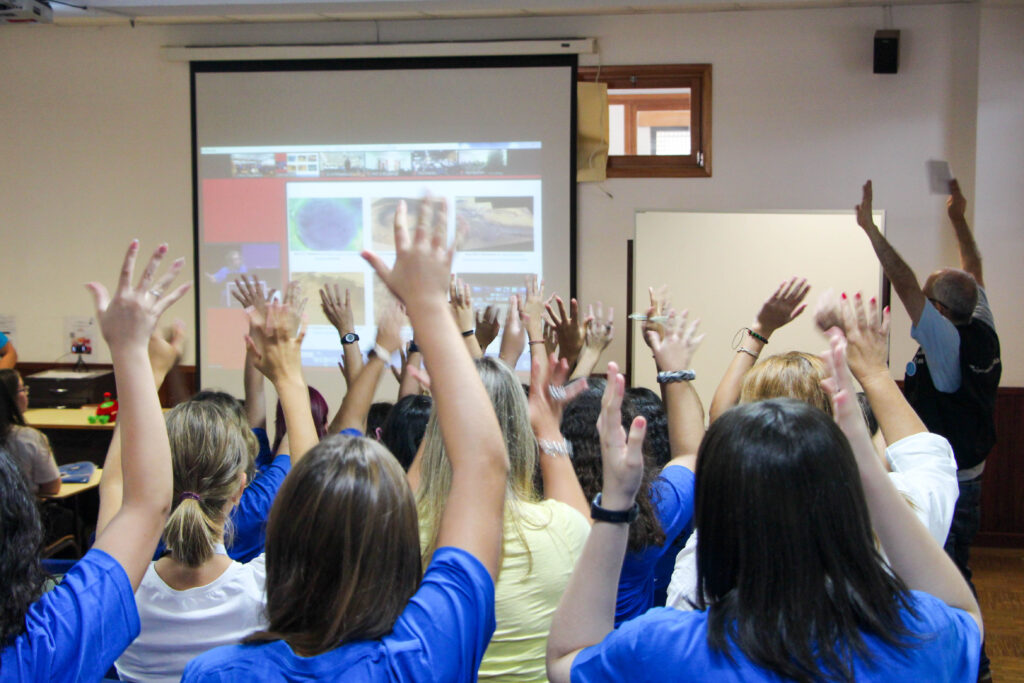
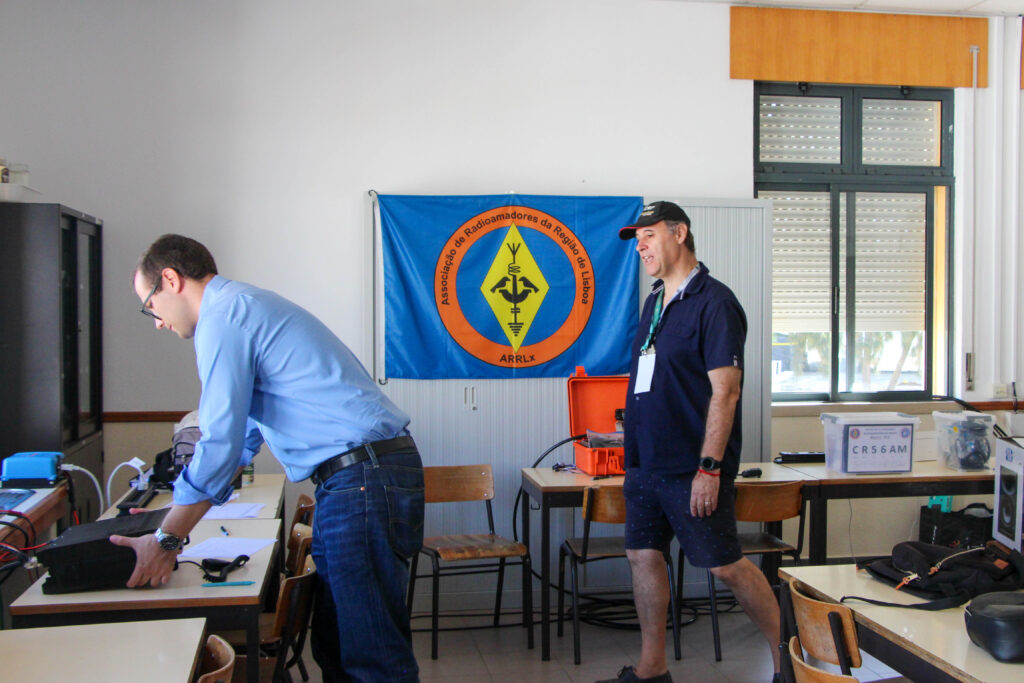
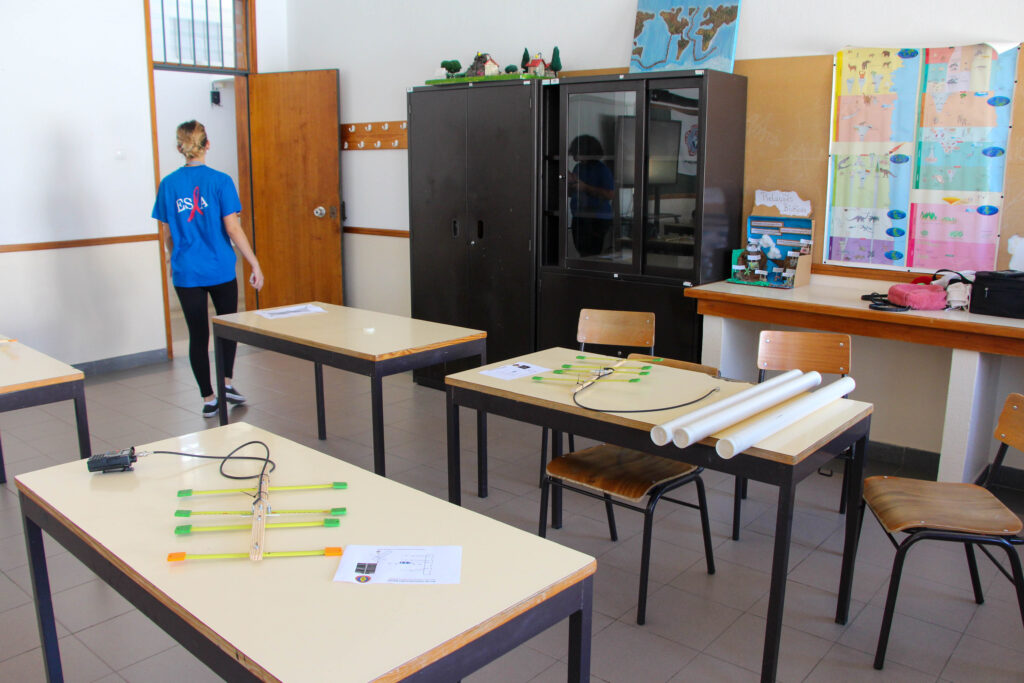
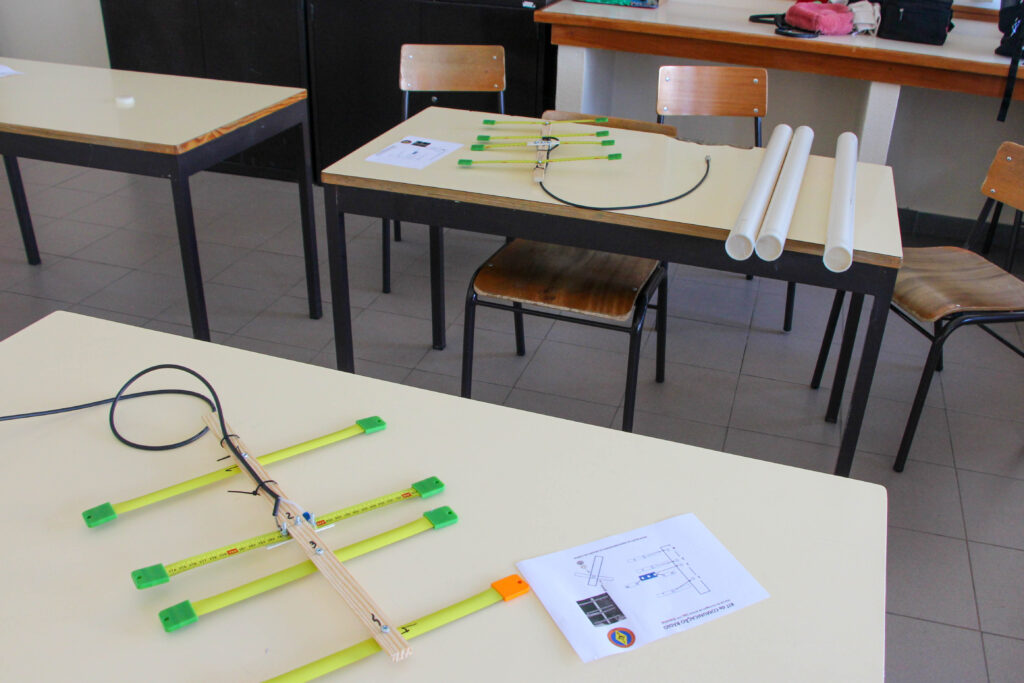
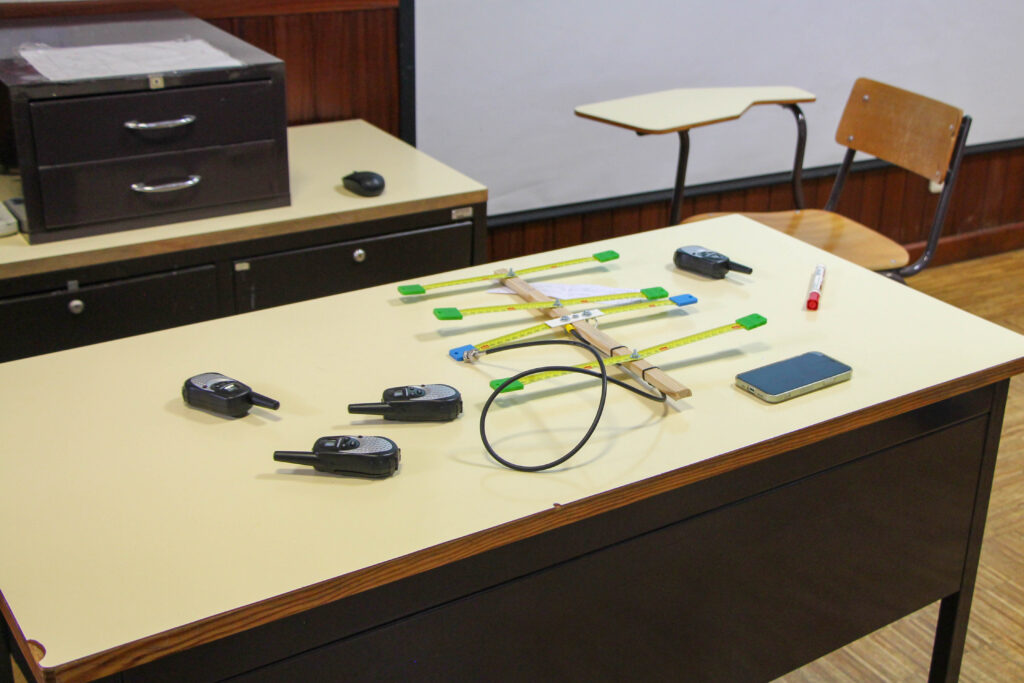
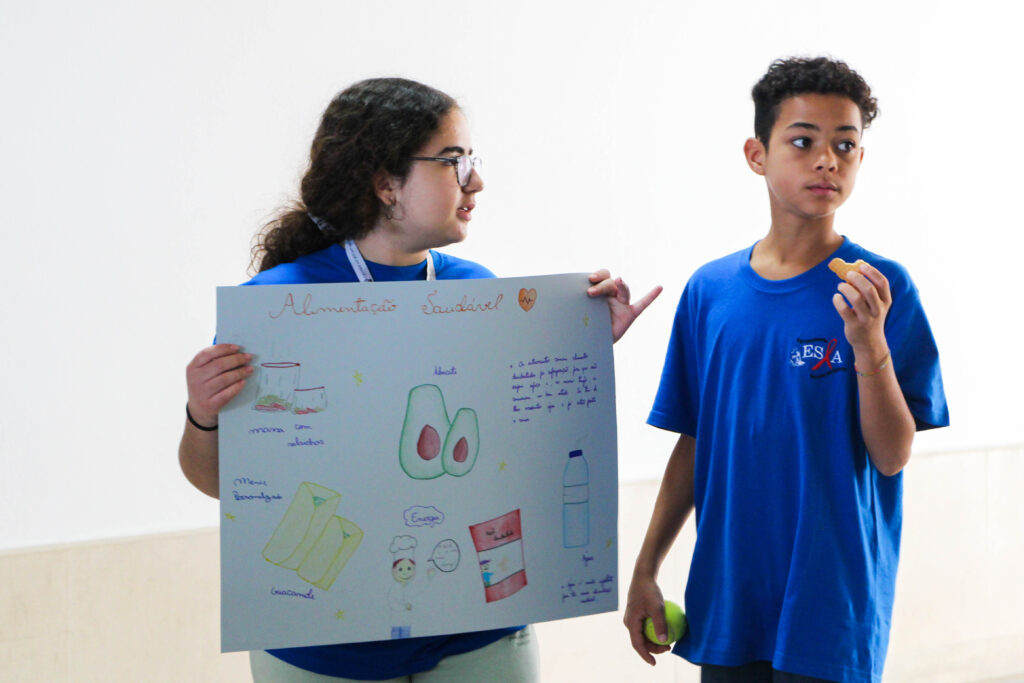

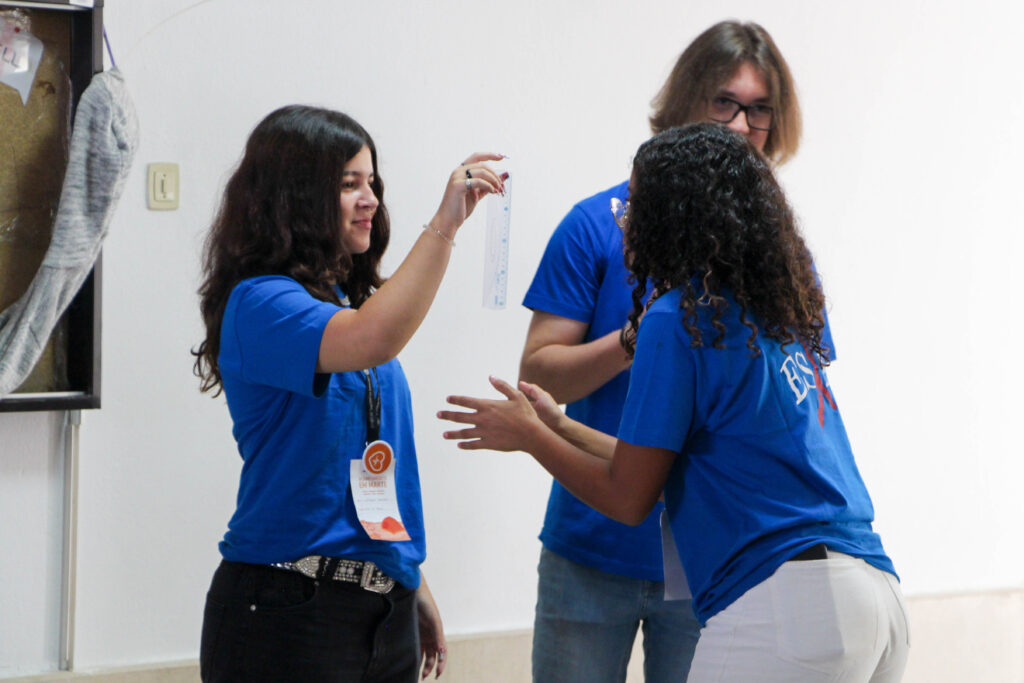
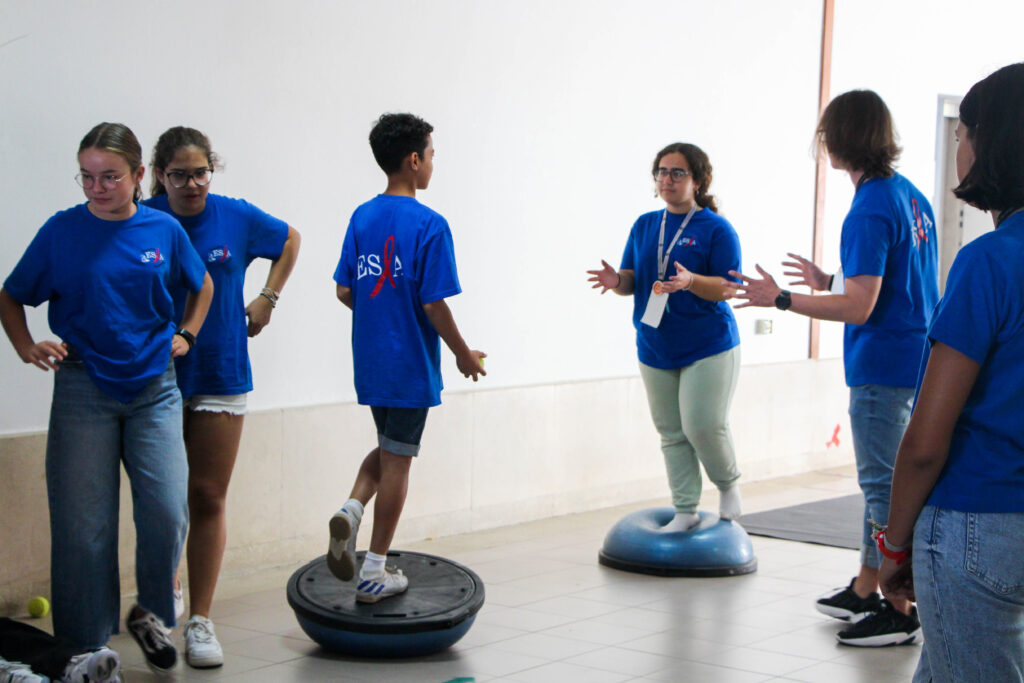
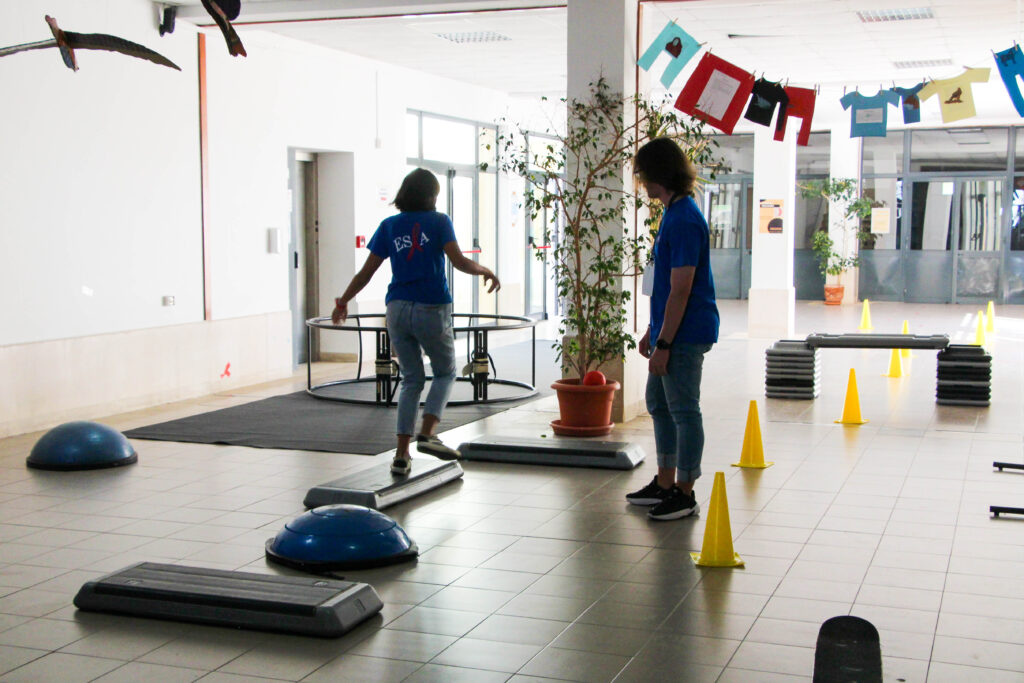
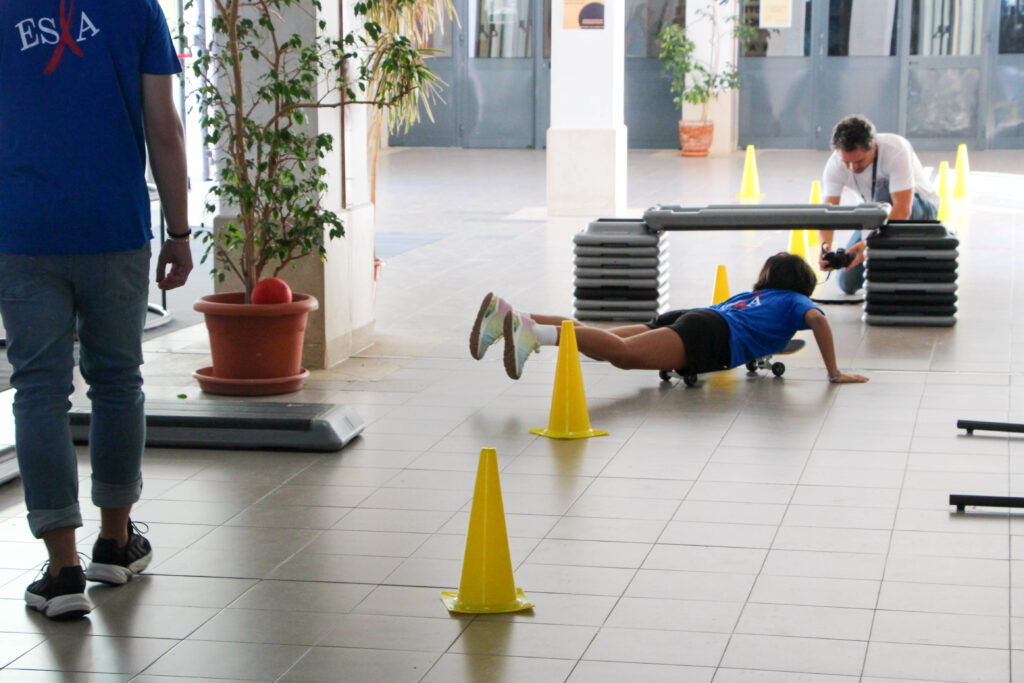
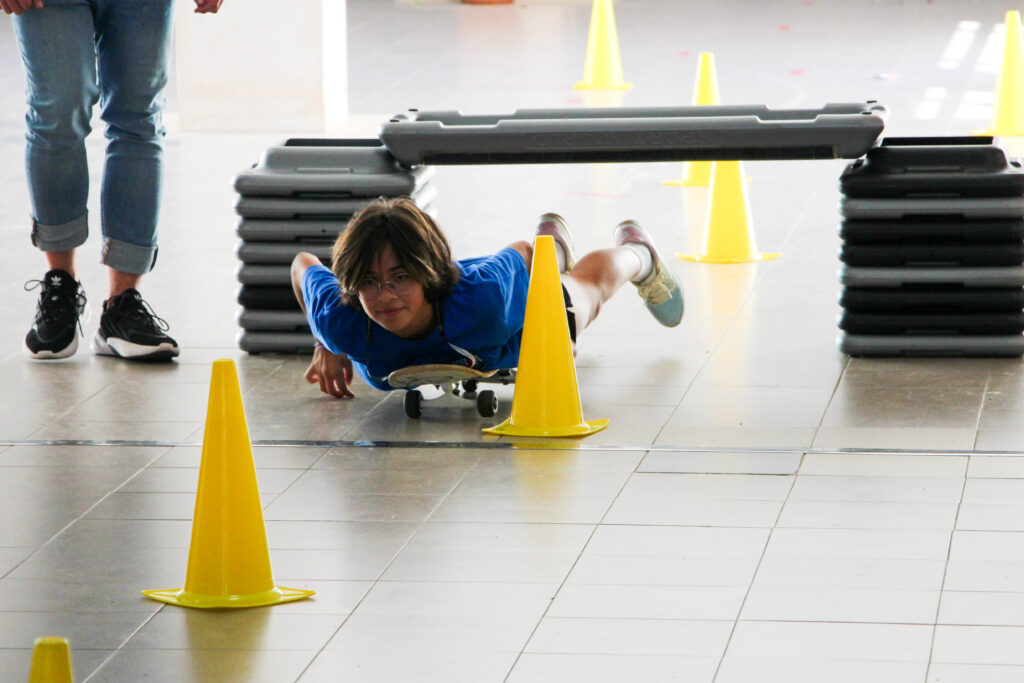
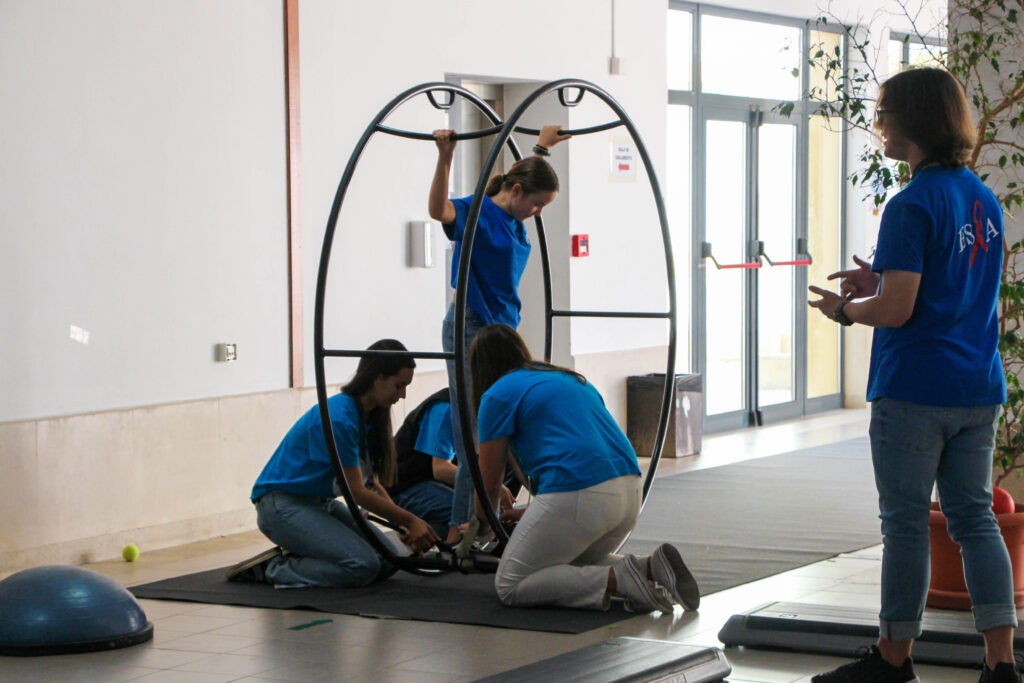
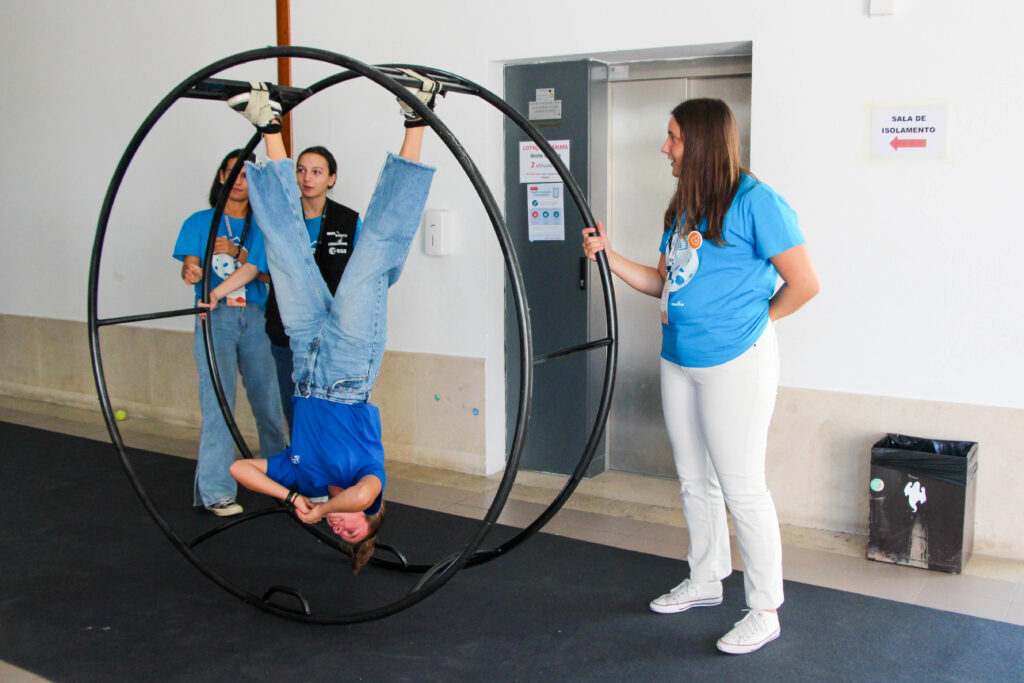
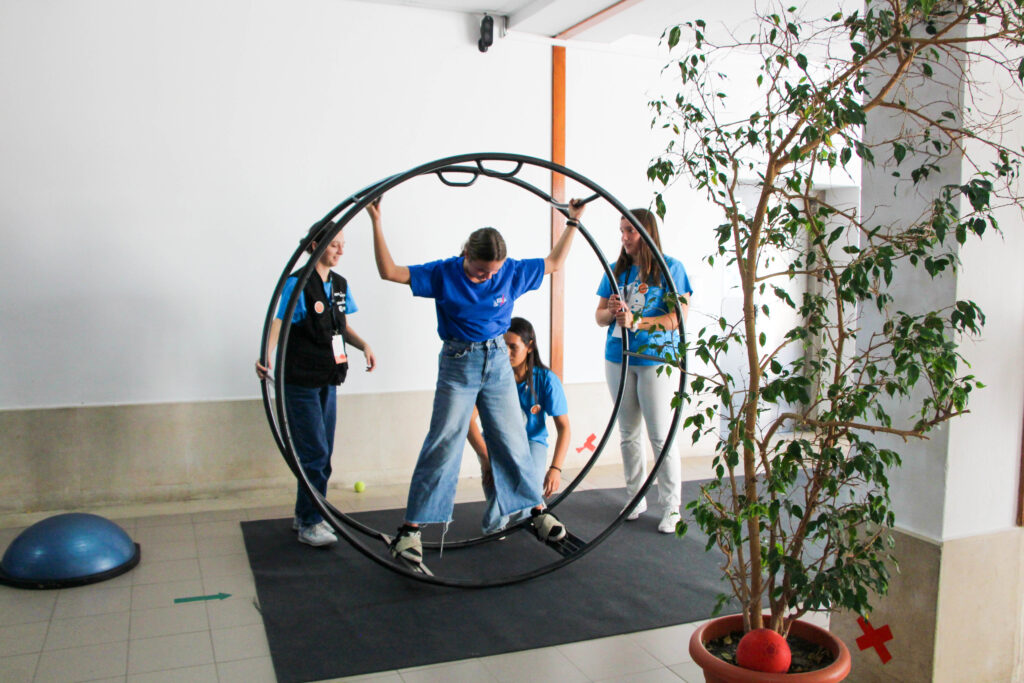
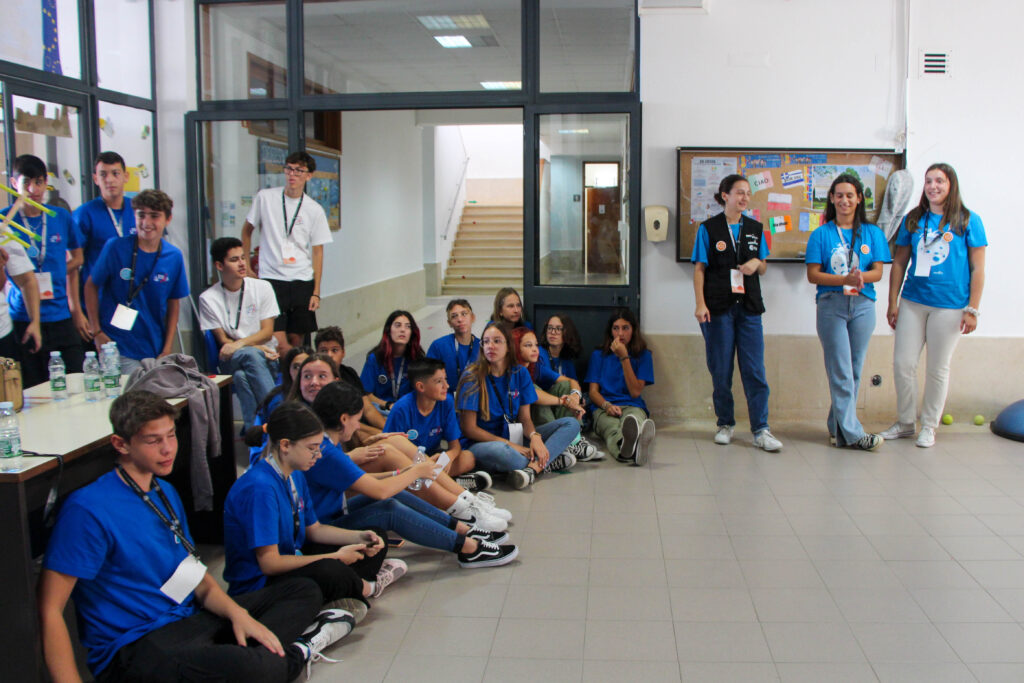
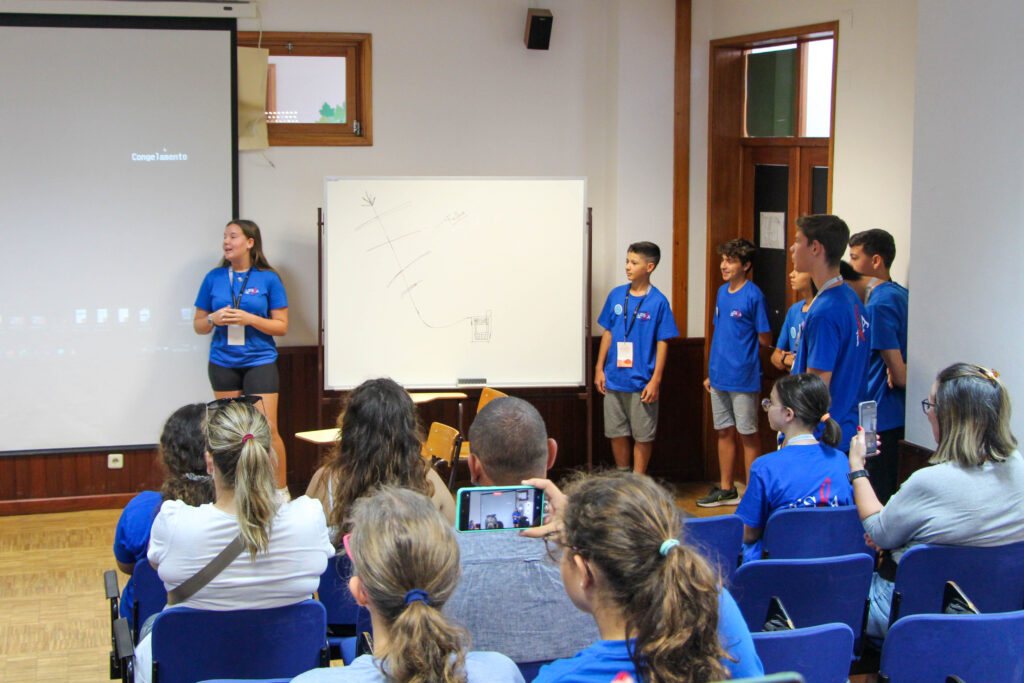
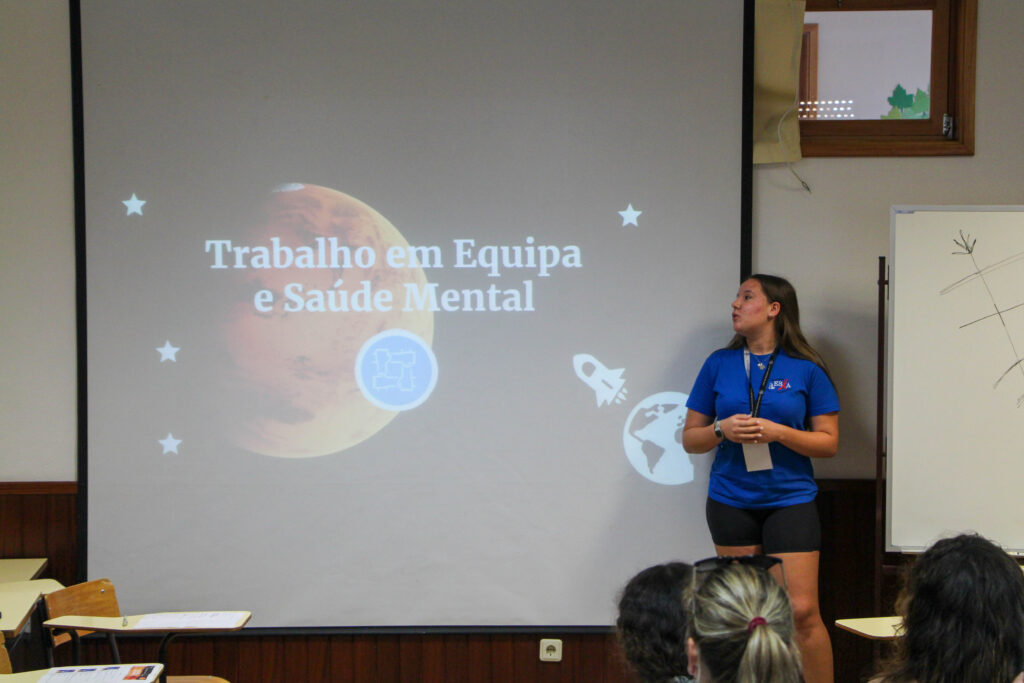
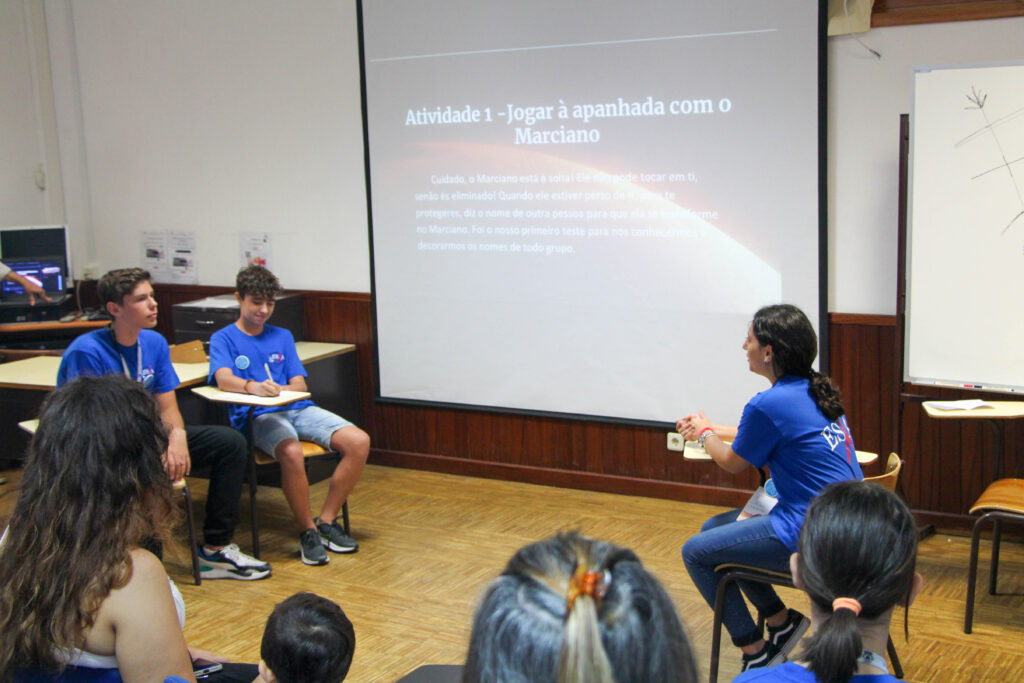
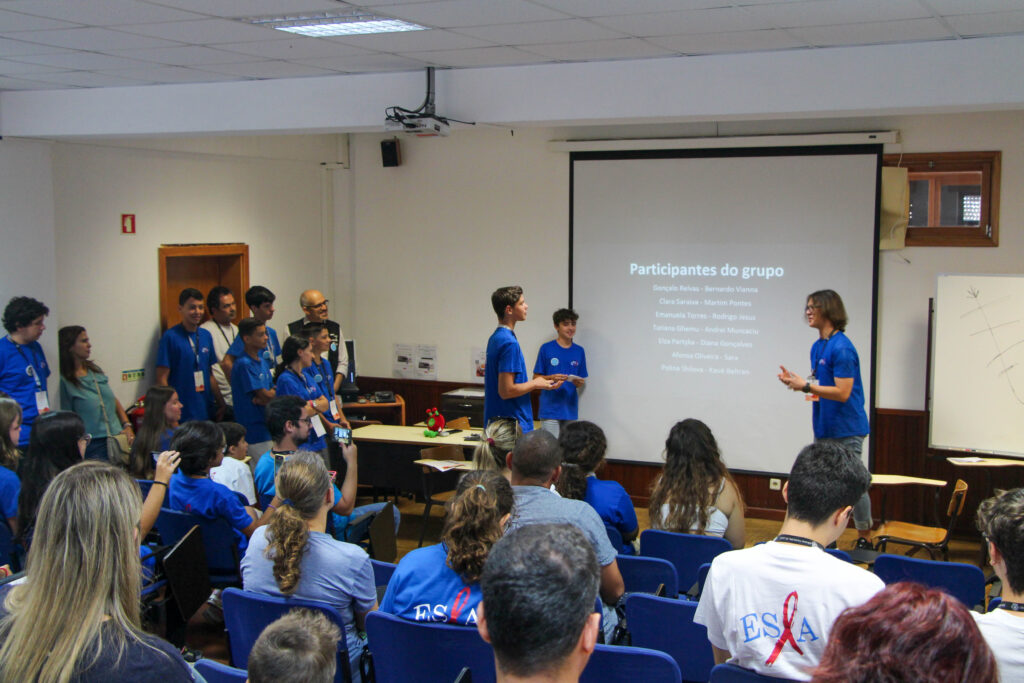
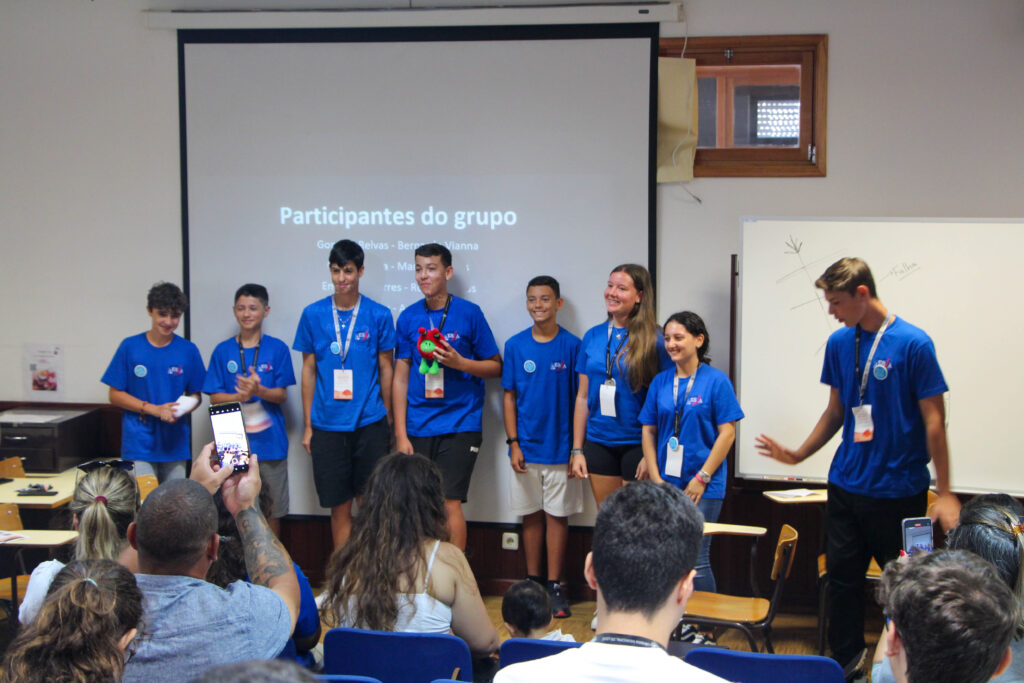
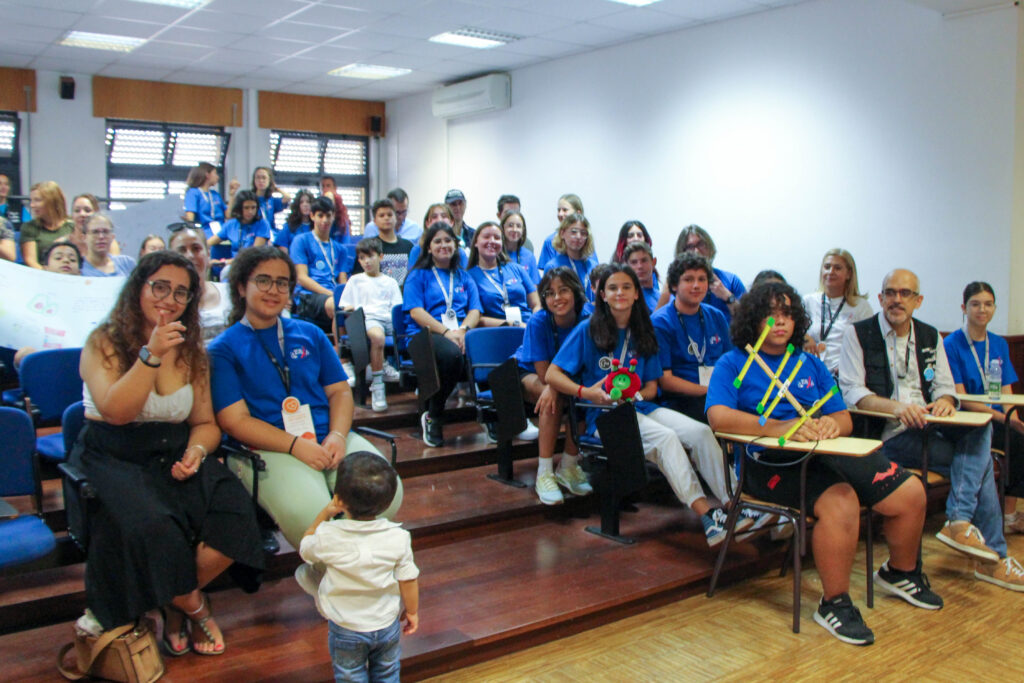
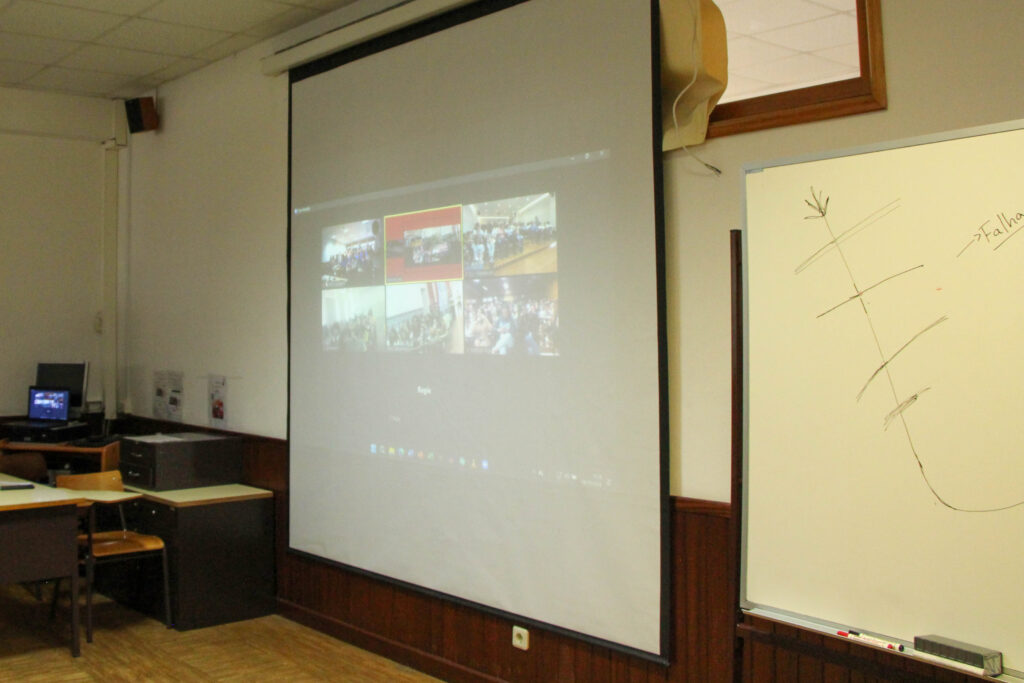
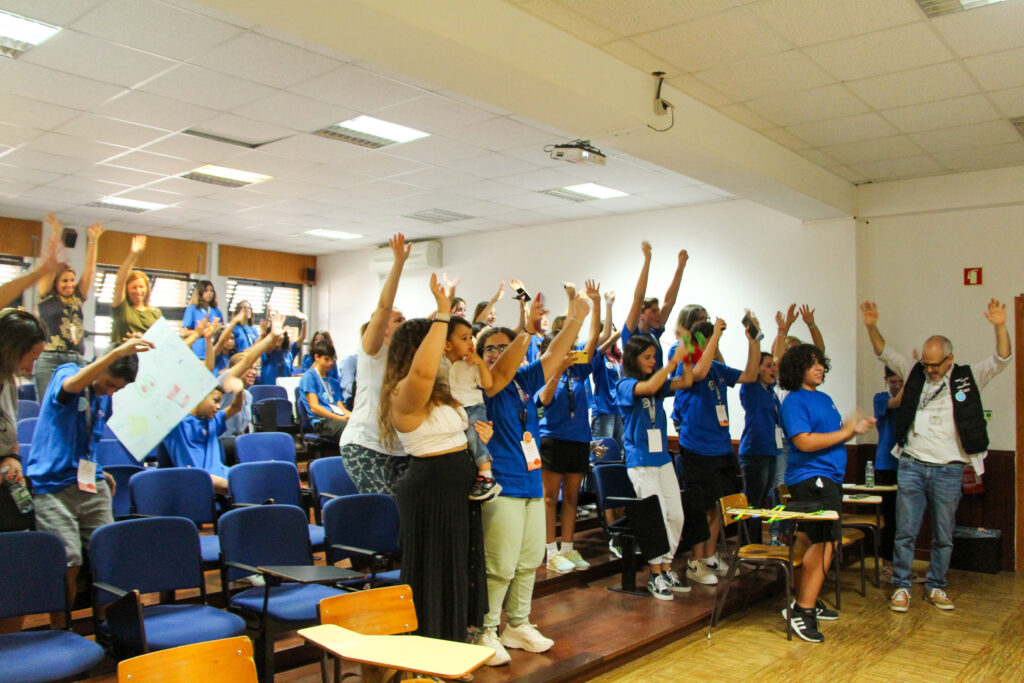



















Comments